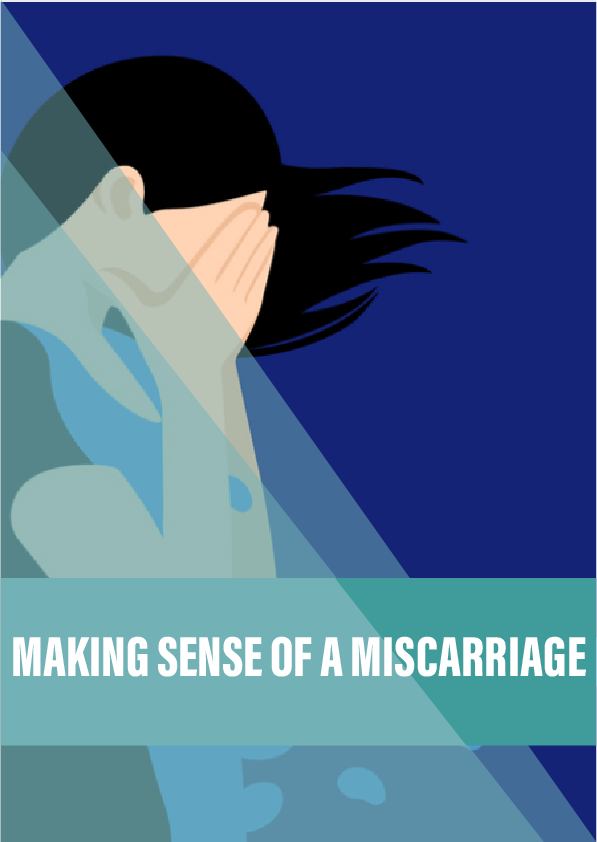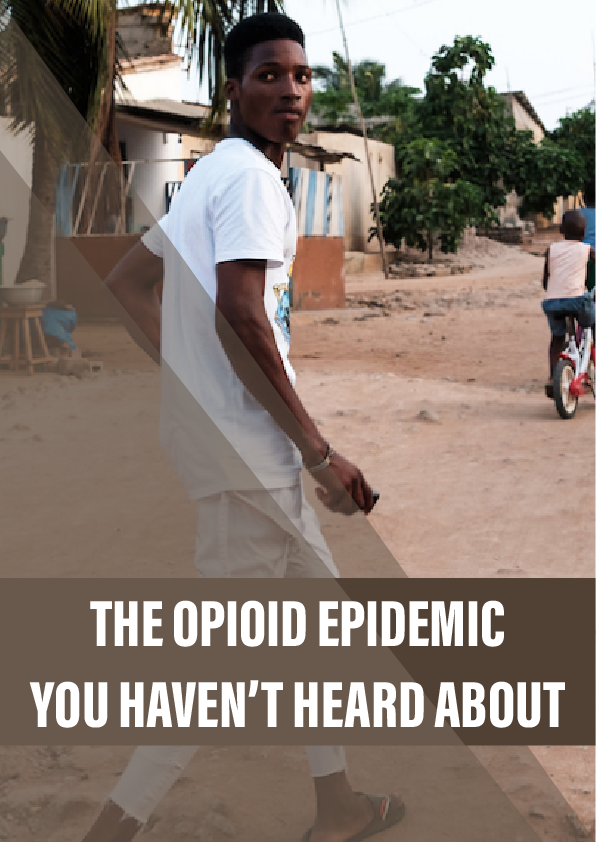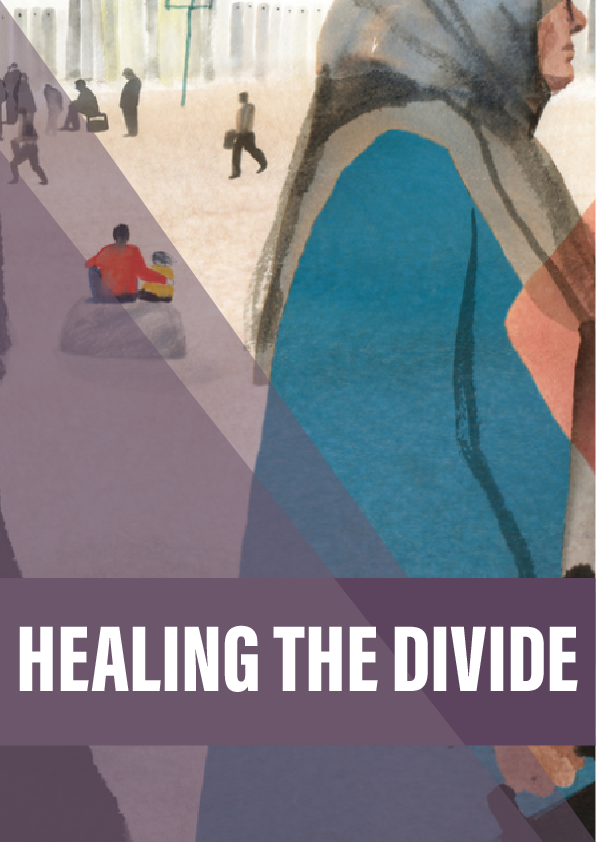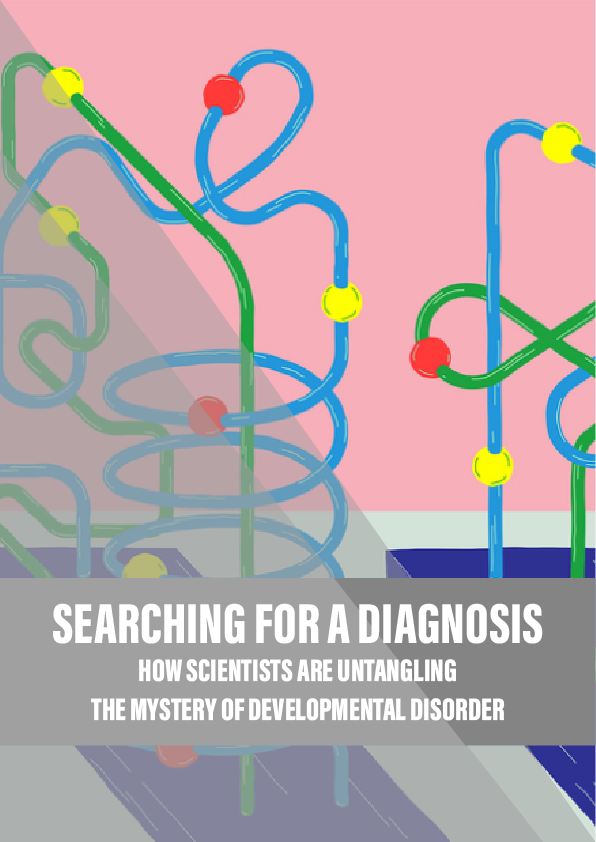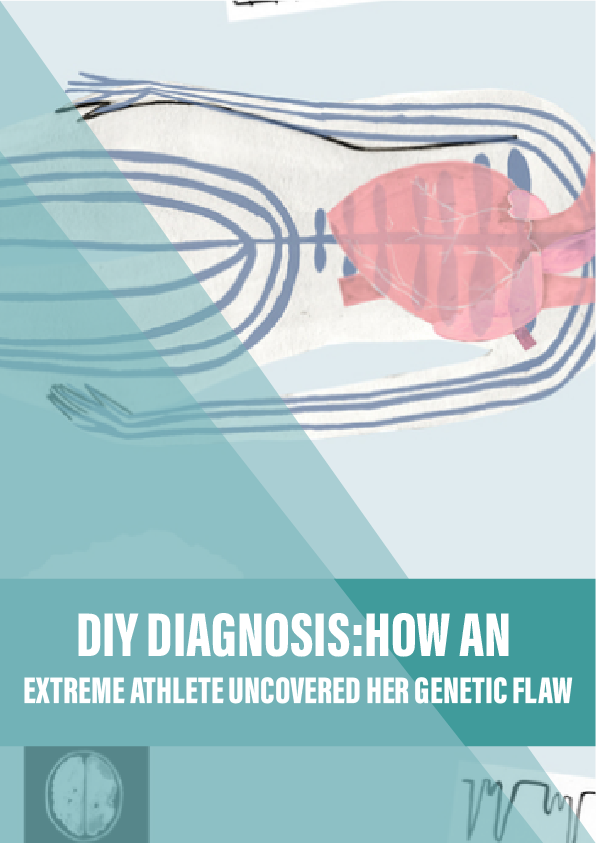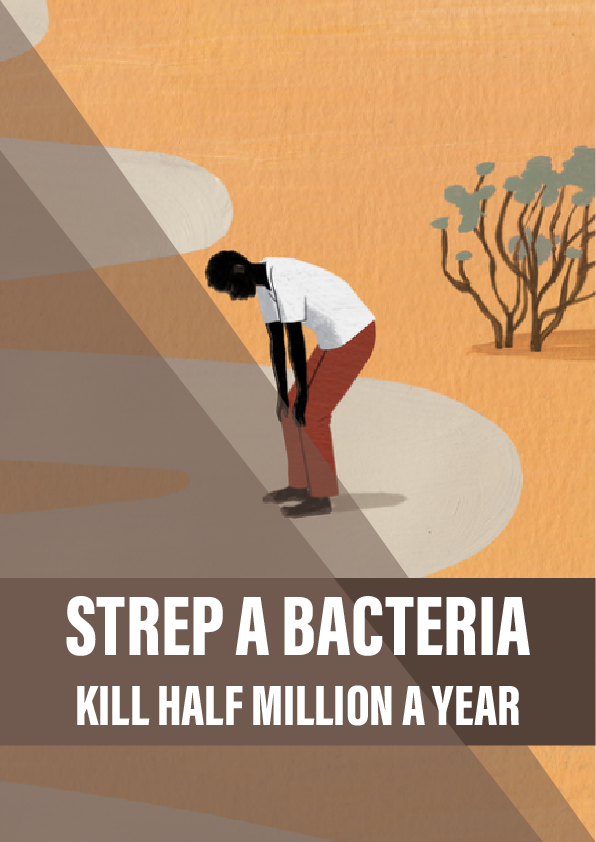Holly Cave wants to know why her pregnancy ended at nine weeks. There are no easy answers, but talking about miscarriage could help us change the way we think about it.
Don’t worry, pregnancy isn’t an illness,” said my midwife, smiling affectionately as I worried about my lack of morning sickness. She must have been well acquainted with the limbo of early pregnancy, the constant fluttering between hope and fear.
Two days later, doubled over on the toilet and clutching a hot water bottle as I watched dark clots of blood drip into the pan, it felt very much like an illness. I knew something was desperately wrong.
The largest lump of tissue – what I believe to be the yolk sac – was smaller than it felt in my heart. I searched for the embryo inside it until my clothes were stained with blood. I couldn’t flush the toilet for an hour because I was sure that my baby was in there. Rationality had ceased to register through the distress.
The list of things I don’t understand about my miscarriage seems never-ending. I don’t know how old the embryo was when it stopped living. I don’t know why it stopped living. I will never know.
“Why?” I asked myself. Again and again and again, as if it was a mantra that would take me back in time and stop it happening. Why? If someone could answer that, then at least I’d be able to grapple with another looming question: Will it happen to me again?
Reference:
- A 2006 Lancet study on recurrent miscarriage, by Raj Rai and Lesley Regan.
- Lesley Regan’s book Miscarriage: What every woman needs to know.
- Miscarriage Association (UK).
- Tommy’s (UK) funds research into pregnancy problems and provides information to parents.
- Information about miscarriage from the NHS.
- Facts about stillbirth from the US Centers for Disease Control and Prevention.
